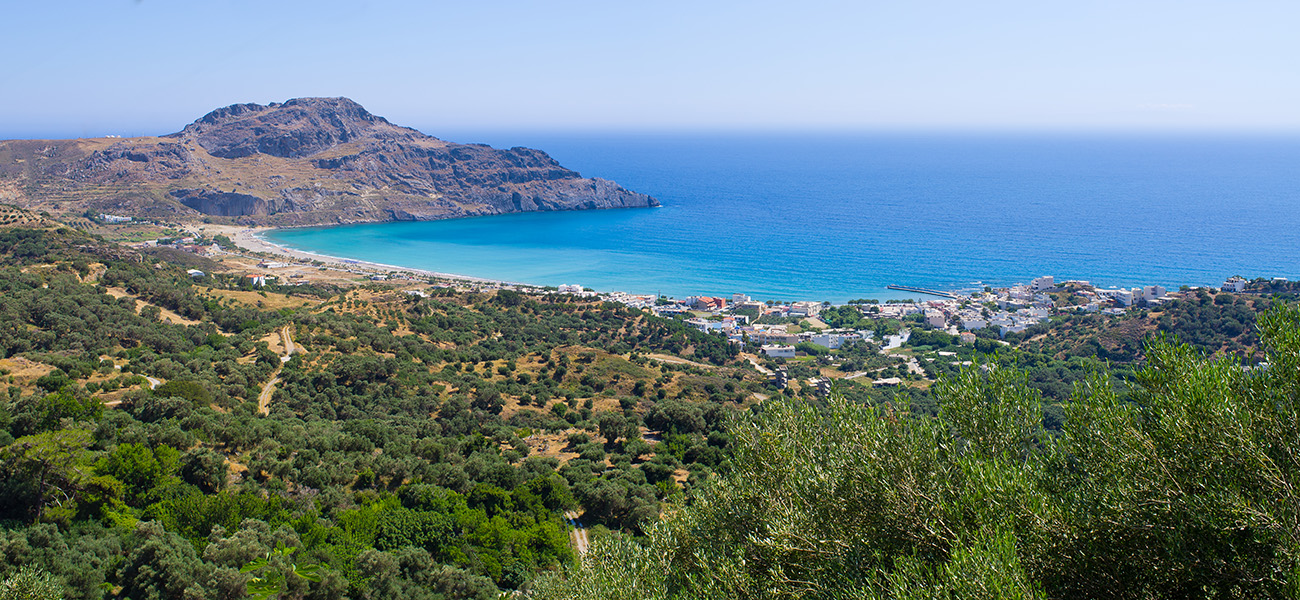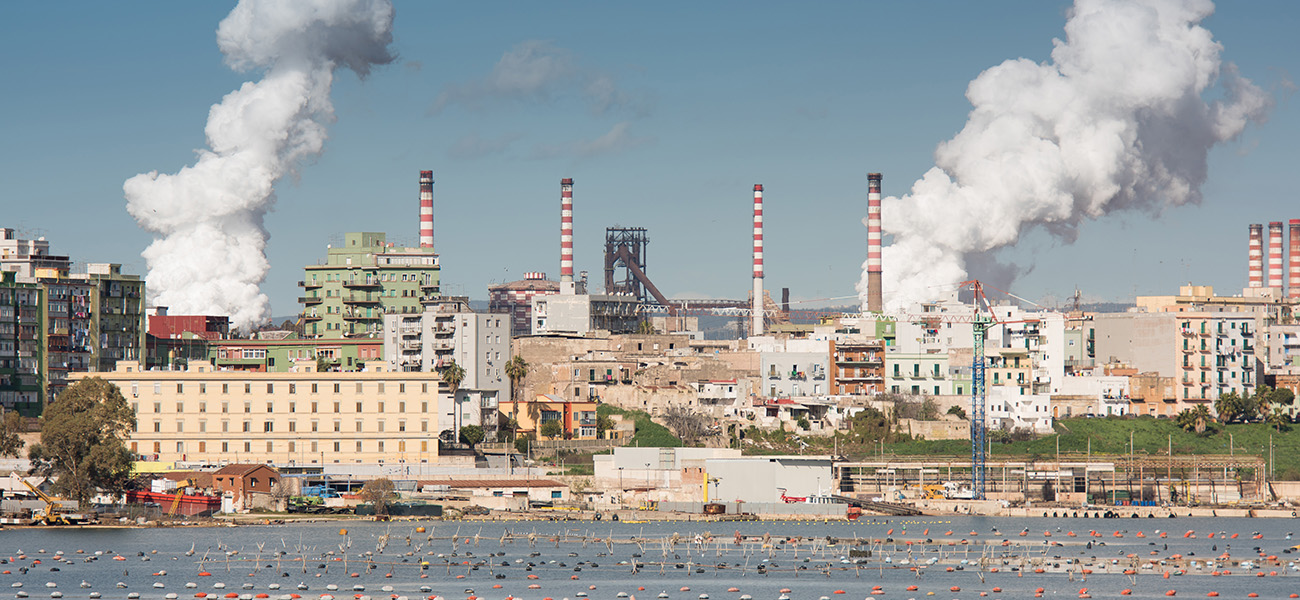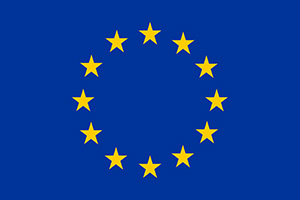PSYchiatric disorders and COmorbidities caused by pollution in the MEDiterranean area
The major objective of the PsyCoMed project is to form an international and inter-sectoral consortium (i) to characterize the effect of pollutants on symptoms reflective of psychiatric disorders and comorbidity in validated animal models, in light of the clinical incidence of these pathologies in the Mediterranean area, (ii) to determine the role of the neuroinflammatory response in the development of these pathologies in the two sexes, and (iii) to propose innovative anti-inflammatory therapeutic treatments based on natural products.
Mental illness in Europe has become a societal (84 million patients and 84,000 deaths attributed to mental illness or suicide in 2015) and economic (over €600 billion/year) burden (OECD/European Union, 2018). Neurological conditions are the 5th highest non-communicable cause of death attributable to the environment. Over the past 20 years, there has been an increase in mental illnesses and neurological conditions in the countries bordering the Mediterranean Sea.
MEDITERRANEAN SEA: ONE OF THE MOST AFFECTED BY POLLUTANTS

The Mediterranean area has a complex socio-political, climatic and ecological area characterized by high biodiversity. The heavily industrialized countries in the north and the highly developed agricultural countries surrounding its basin make the Mediterranean Sea particularly sensitive to the accumulation of chemical contaminants that may cause a progressive degradation of the marine ecosystem.
The Mediterranean Sea has been identified as one of the seas most affected by marine pollutants of anthropogenic origin in the world. According to the Horizon 2020 Mediterranean Report, many human activities, including agricultural waste, industrial emissions, municipal solid waste and urban wastewater, are degrading the Mediterranean Sea, contributing to the accumulation and diffusion of anthropogenic pollutants in the entire region, as recently described for microplastic hotspots. Indeed, pollution by toxic metals, industrials chemicals, plastic wastes is a problem in 87% of the Mediterranean Sea area5 with more than 130 pollution ‘hot spots’ identified in the coastal Mediterranean ecosystems.
POLLUTANTS IN THE MEDITERRANEAN AREA

Exposure to pollutants threatens the health and well-being of many people living along the coast. In addition to cancer, neurodevelopmental disorders and endocrine dysfunction, heavy metals, constituents of air pollution, organic solvents and food contaminants have been associated to childhood problems with hyperactivity, attention, and impulse control, and to an increased risk of psychiatric diseases, such as schizophrenia and depression, often combined with neurological conditions including highly prevalent pain sensitization. Notably, an increased incidence of psychiatric illnesses is relevant to Mediterranean Countries. The Eastern Mediterranean Region (EMR) is witnessing an increase in mental illnesses, with a prevalence ranging from 15.6% to 35.5%, and more than 100 million sufferers. Depression and anxiety disorders are the most frequent mental disorders in the EMR, with rates in women much higher than in men. Psychiatric disorders also have a large prevalence in the South-Western Mediterranean, where heavy metals and pesticides accumulate in marine animal tissues. Substance-use disorders are very common in all Mediterranean areas, and a strong link between exposure to pollutants and drug addiction has been reported. Importantly, behavioural traits like hyperactivity, compulsion and impulsivity that are common behavioural traits in drug addiction but also in many other psychiatric diseases (e.g. ADHD, eating disorders, OCD, bipolar disorder) are also frequent in Mediterranean countries, and have been associated with exposure to environmental pollutants.

2023

This project has received funding from the European Union’s Horizon Europe research and innovation program under grant agreement No 101086247.










